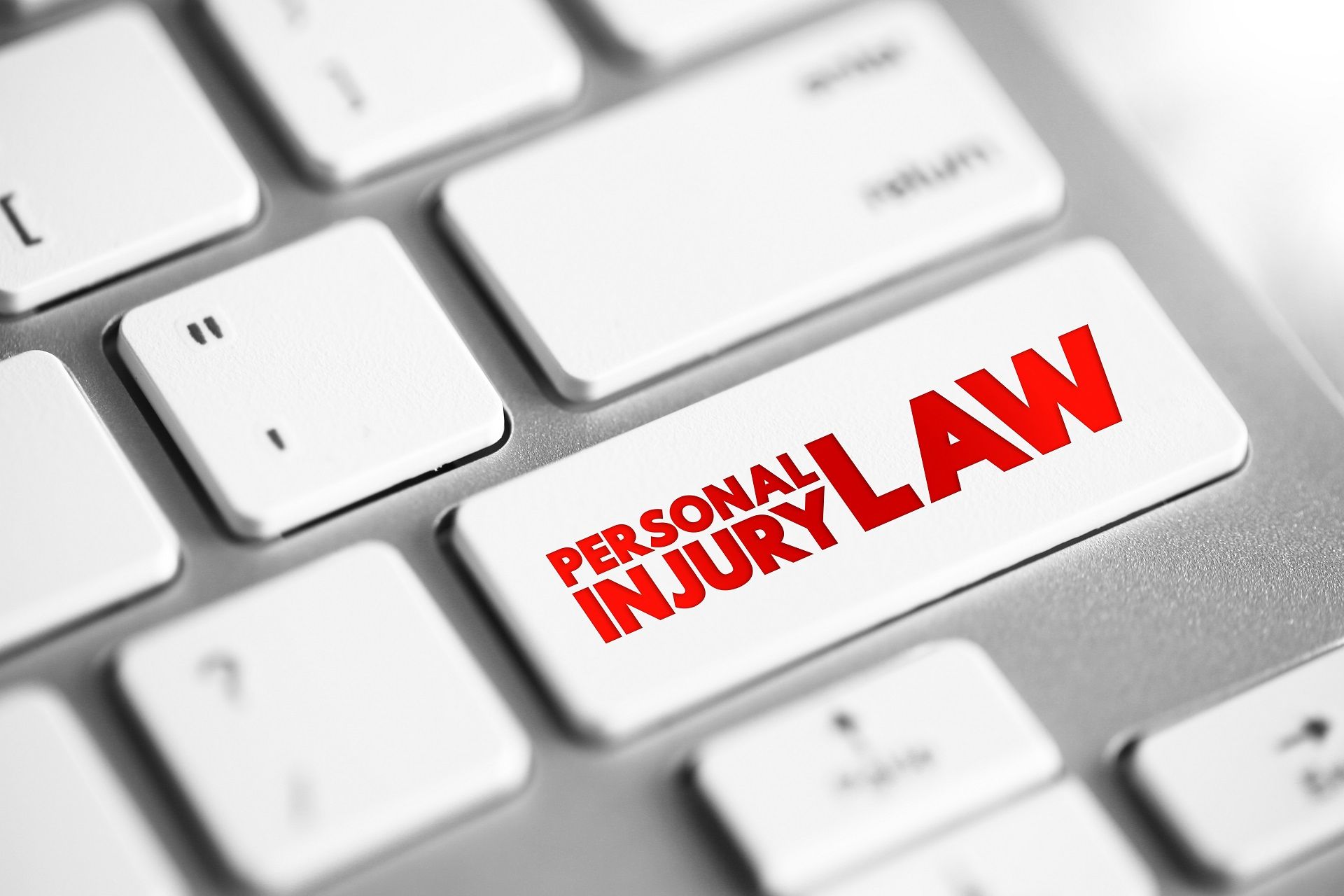Win Your Social Security Case: Understanding the Transferability of Skills Analysis – Mistake #2

Transferable Skills Grid
Since 1964, the Social Security Administration has contracted with Vocational Experts to testify in Social Security Cases. Many of these experts derive substantial income from serving as a witness for the government, and many are far from being “impartial.” The Social Security Administration Law Judges have tilted from granting more than 70% of the cases heard at the Hearing level to the current 40-50%. Many of the denials are based on the testimony of the government’s vocational expert’s testimony .
The techniques noted in this series of blogs can help you attack and negate the testimony of the government’s vocational expert for social security cases . By understanding the various issues, terms, processes, and resources, you will be prepared to win your case. Preparation and research into the claimant’s past relevant work history will allow you to verify the information presented by the VE and attack any inaccurate information.
Vocational Grid
The Vocational Grid is used for cases where the claimant is 50 years of age or older. The Administrative Law Judge will usually pose a hypothetical question to the Vocational Expert to assess the claimant’s Transferability of Skills.
The TSA (Transferability Skills Assessment) is frequently used to assess the ability of a claimant to perform “substantial gainful work activity” given their RFC (Residual Functional Capacity).
Transfer of skills involves an assessment of skills that a person used on one job which can be interchanged or substituted into another job and is used to determine the employability of the person. Skills are learned by doing. In the context of Social Security Disability, transferable skills are defined as the assessment of work functions acquired from the performance of skilled or semi-skilled jobs which can be applied to meet the requirements of other skilled or semi-skilled jobs.
U.S. Federal Government states
The U.S. Federal Government states (20 CFR 404.1568 (d) “Skills that can be used in other work (transferability)…(1) We consider you to have skills that can be used in other jobs when the skilled or semi-skilled activities you did in the past work can be used to meet the requirements of skilled or semi-skilled work activities of other jobs or kinds of work. This depends largely on the similarity of occupationally significant work activities among different jobs. (2) How we determine skills that can be transferred to other jobs. Transferability is most probable and meaningful among jobs which: (i) The same or lesser degree of skill is required; (ii) The same or similar tools and machines are used: and (iii) The same or similar raw materials, products, processes, or services are involved.”
Work experience means skills and abilities acquired by the individual through work that a person has done which show the type of work they may be expected to do. The U.S. Federal Government states (20 CFR 404.1565 (a) work is considered work experience that an evaluee has done within the last 15 years, lasted long enough for you to learn to do it, and was substantial gainful activity…a gradual change occurs in most jobs so that after 15 years it is no longer realistic to expect skills and abilities acquired in a job done then continue to apply. The 15-year guide is intended to insure that remote work experience is not considered.
The Transferability of Skills Analysis is based on a synthesis of information from an evaluee’s background history including medical, psychological, educational, social, and vocational information. The Transferability of Skills Analysis (TSA) is the foundation to identify similar or related jobs that are consistent with, or equal to, the worker’s capabilities and functional restrictions. The seven step process of Transferability of Skills Analysis involves Identifying jobs in a person’s work history, Selecting an occupational code and title (using the DOT or O*Net), Profiling the jobs, Creating an unadjusted vocational profile, Creating the residual functional capacity profile, Finding related or similar jobs, and locating jobs in the local labor market.
In Social Security Proceedings the Vocational Expert will use the claimant’s work history as the basis to perform a TSA. The analysis takes into account the factors of physical demands, working conditions, general educational development, specific vocational preparation, aptitudes, work activities, and work situations. The search is conducted based on Occupational Group Arrangement (OGA), Data People and Things (DPT), Guide for Occupational Exploration (GOE), Work Field (MTEWA), Specific Vocational Preparation (SVP), and DOT Industry.
In adjudicating Social Security claims during disability appeals hearings, regulations and guidelines require the use of the Dictionary of Occupational Titles (DOT).
During a TSA, research is conducted regarding the level and types of skills, aptitudes, and physical demands required of each job. A transferability of skills analysis is performed to determine which occupations in the labor market the claimant could perform within the proposed hypothetical question by the Administrative Law Judge.
Skills are work proficiencies and knowledge obtained from past occupations, education, training, or other life experiences (e.g., hobbies) that require more than a brief period (i.e., about 30 days) to fully learn and apply. Examples are proficiency in writing management reports, proficiency in reading blueprints, knowledge of real estate mortgage loan processing procedures, and knowledge of retail jewelry products. Skills should not be confused with talents or aptitudes, both of which involve specialized performance or learning capacities independent of what is learned through experience or training. Musical talent and math aptitude are examples. Talents and aptitudes may facilitate the development of skills, but do not themselves constitute skills.
Some Vocational Experts confuse skills with job tasks. Job tasks are what a worker does (e.g., operates a computer). However, the existence of a job task does not mean that the task is performed in a skilled manner. Job tasks, like operating a computer, may require skills at different levels, such as typing, proficiency in quickly entering different types of data, proficiency in using spreadsheet software, and proficiency in writing and testing computer programs. On the other hand, that same job task may require no skills at all if the worker only turns the computer on and off and views a few different screens.
Skills are transferable only when they can be applied to more than one occupation that has physical, mental, and environmental demands consistent with a person’s residual functional capacities (RFC). RFC refers to those physical and mental capabilities that a person retains despite a medical impairment.
Skilled, semi-skilled, and unskilled occupations can be defined using the DOT and Social Security Administration (SSA) criteria in terms of length of time needed to learn to fully perform the work and amount of judgment required. Unskilled occupations, such as basic assembly, are simple and repetitive, requiring little or no experience or judgment. There are NO transferable skills learned from unskilled work. Semi-skilled occupations, such as a receptionist, require some experience and/or training, and limited judgment. Skilled occupations, like registered nurses, require the most training, experience, and judgment. Level of skill of occupations can also be defined by the Specific Vocational Preparation time (SVP) (i.e., the average length of time for a person to learn to fully perform the occupation through education, training, and experience). Skill levels are defined as follows:
SVP 1 – Short demonstration only
SVP 2 – Beyond short demonstration up to and including 1 month
SVP 3 – Over 1 month up to and including 3 months
SVP 4 – Over 3 months up to and including 6 months
SVP 5 – Over 6 months up to and including 1 year
SVP 6 – Over 1 year up to and including 2 years
SVP 7 – Over 2 years up to and including 4 years
SVP 8 – Over 4 years up to and including 10 years
SVP 9 – Over 10 years
Occupations in the DOT at SVP 1 and 2 are generally considered unskilled. SVP 3 and 4 semi-skilled, and SVP 5-9 skilled.
In performing a TSA, when transferring skills to other occupations, it is generally understood that the new occupation(s) will be skilled or semi-skilled and at a level of skill equal to or less than prior occupations. Skills cannot transfer from unskilled work since, by definition, such work requires no skills.
Transferable skills can allow a person to immediately perform a new skilled or semi-skilled occupation with only orientation or minimal instruction. For instance, a salesperson who works on his feet all day can transfer sales skills to a sedentary telemarketer job.
Occupational Assessment Service’s Vocational Expert can render an opinion in a report as to the effect of the Social Security Claimant’s education, past work experience, and physical and/or psychiatric impairments on their ability to perform substantial, gainful work activity on a sustained, regular, competitive basis.
A Vocational Evaluation report can be rendered on a nationwide basis using local, state, or federal government data. The interview and test battery can be administered via the internet using SKYPE, allowing persons throughout the United States to obtain this important expert service.
Occupational Assessment Services, Inc. is one of the foremost companies providing Vocational Expert services in the United States for Social Security Claimants and their attorneys with offices in NJ, NY, FL, TX, CT, PA & CA.
OAS Vocational Experts have worked for the U.S. Government in more than 3,500 Social Security cases. We are the “go to experts” providing Vocational Evaluation reports in Social Security Disability cases.
To see how OAS can assist you in documenting a Social Security case, consult oasinc.org, or Call 800-292-1919 for a proposal containing the experts’ professional qualifications, fee schedule, and a sample report.
RECENT POSTS
CONTACT US
We will get back to you as soon as possible.
Please try again later.
Evaluation Request
Contact Us
We will get back to you as soon as possible.
Please try again later.
Contact
Contact Us
We will get back to you as soon as possible.
Please try again later.
All Rights Reserved.
This website is managed by Oamii.







